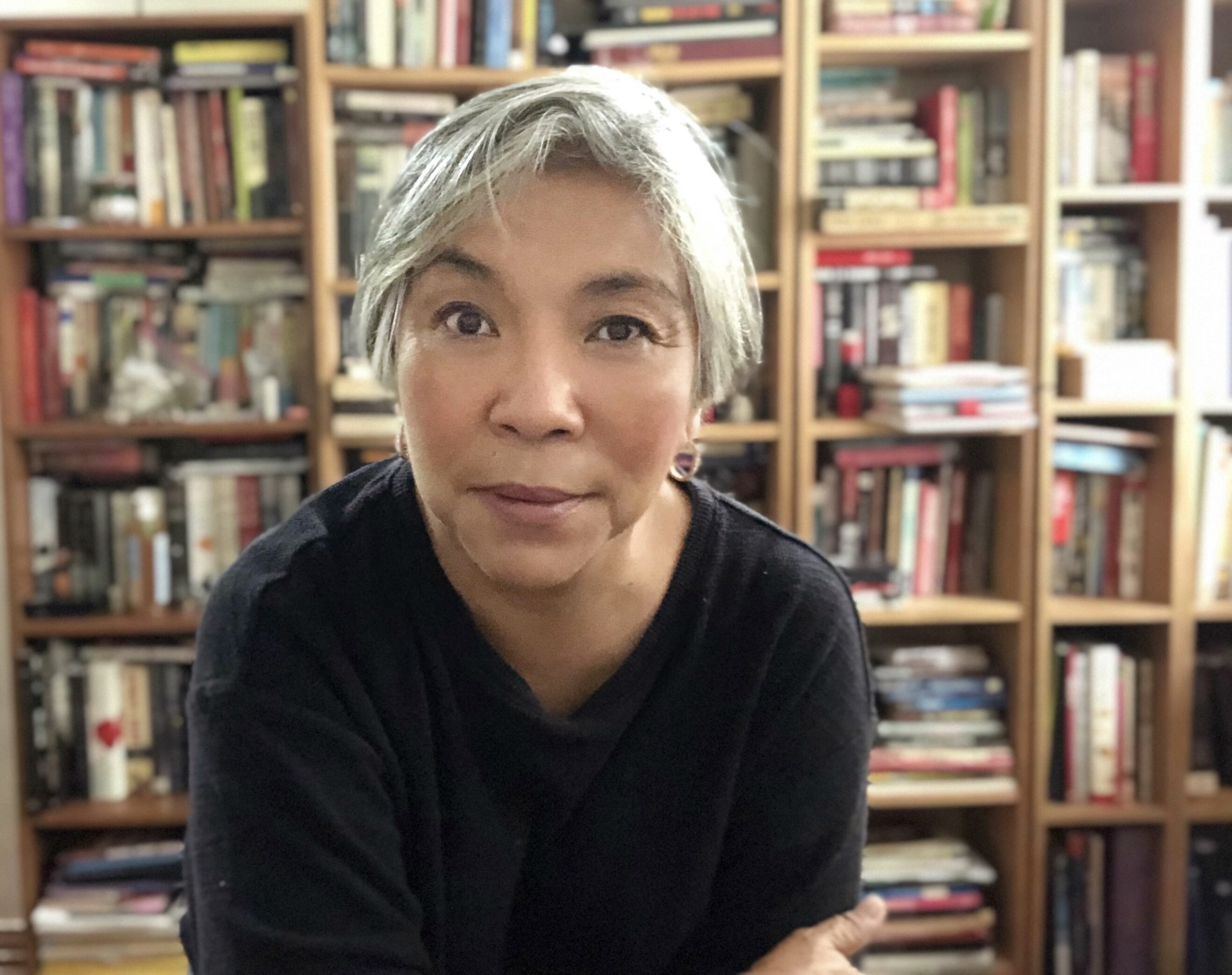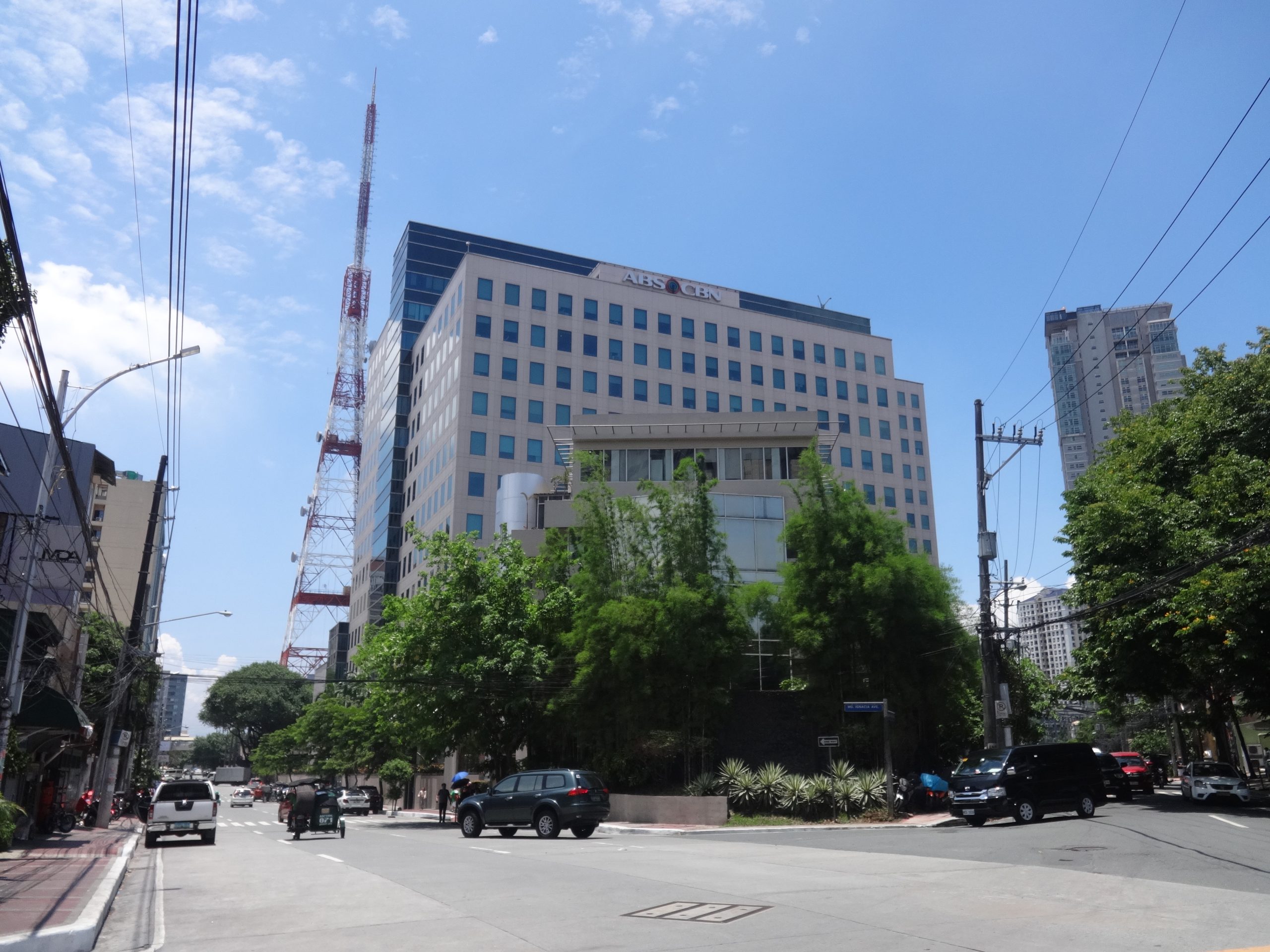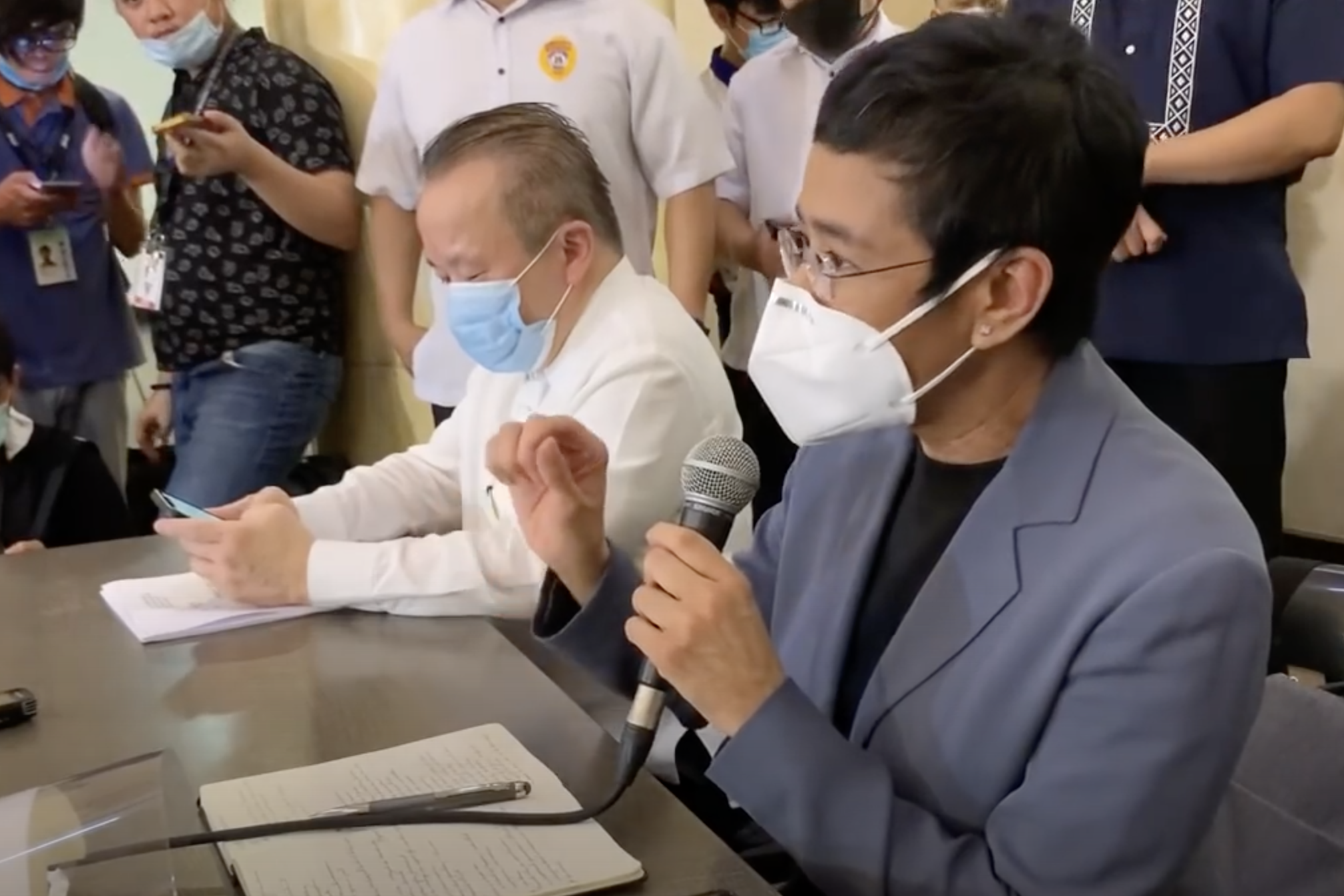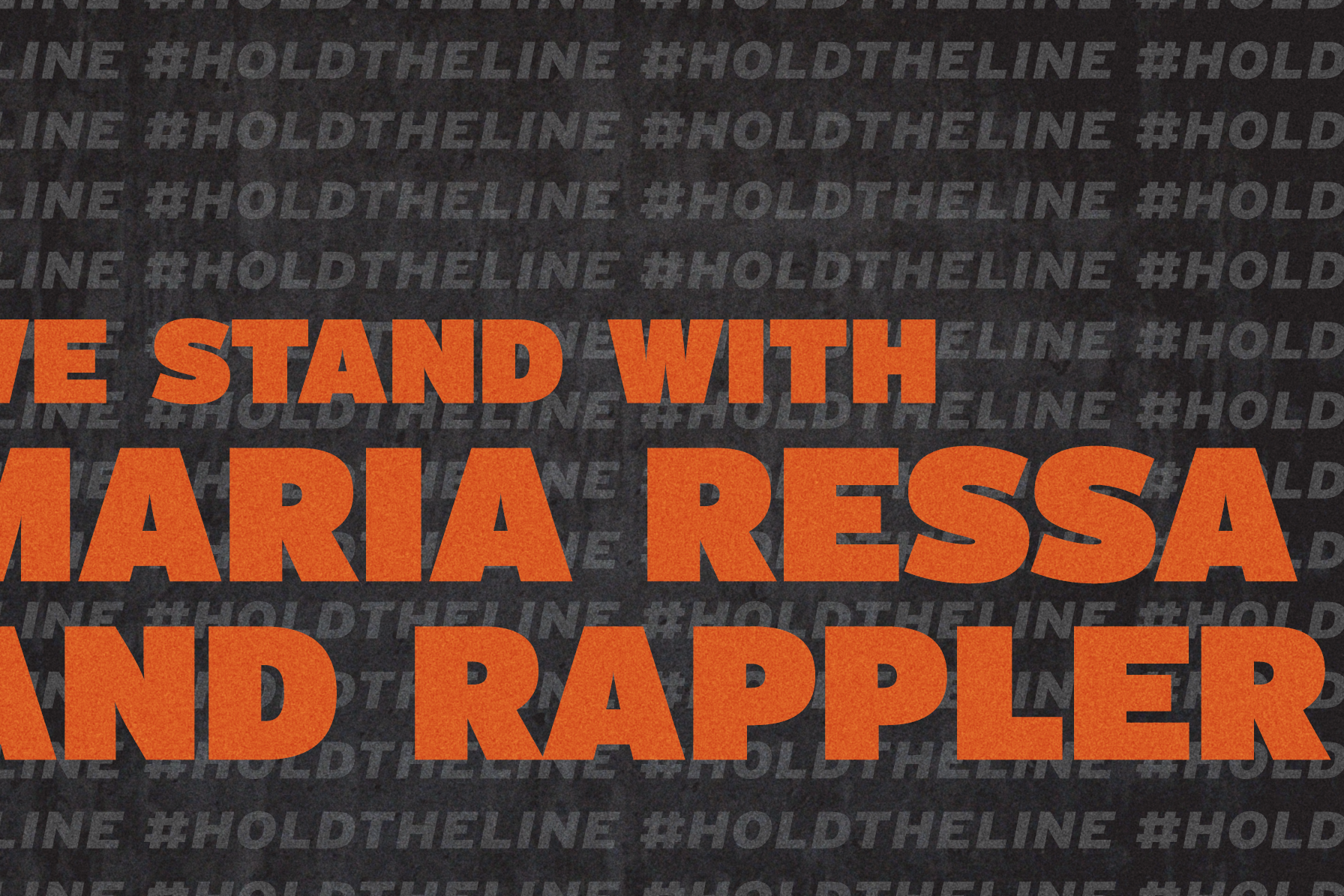New cyber libel complaints against Nobel Laureate Maria Ressa and independent news outlet Rappler add to ongoing government-backed attempts to silence independent, public interest media in the Philippines. This is particularly concerning for the future of democracy, especially ahead of next month’s general elections.
In the months leading up to the Philippines general election on 9 May, online news outlet, Rappler, and its co-founder, Maria Ressa have been subjected to a new wave of government-backed legal harassment.
The #HoldtheLine Coalition condemns 15 new cyber libel complaints laid against @Rappler & @MariaRessa in the lead up to the ?? elections on May 9, along with a legal challenge designed to void their fact-checking partnership with the electoral commission https://t.co/EbILKqcKPO pic.twitter.com/B82LV2xxvv
— International Center for Journalists (@ICFJ) April 4, 2022
According to the Hold The Line Coalition (#HTL) – a campaign launched in June 2020 in support of Maria Ressa and independent media in the Philippines – 14 new cyber libel complaints have been filed against several Rappler journalists and their sources. The legal action was taken by officials and members of the church of Apollo Quiboloy, a preacher and close aid of incumbent President Rodrigo Duterte. The complaints are in relation to a series of Rappler reports about Mr Quiboloy and his involvement in crimes including sex trafficking, fraud, coercion, and money laundering.
Separately, the government cabinet minister, Energy Secretary Alfonso Cusi, also filed a cyber libel complaint against Ms. Ressa and several other reporters and news organisations. He alleged that they accused him of corruption by reporting on an anti-graft and corruption suit filed against him and a businessman in October 2021.
Meanwhile, the Philippines’ Solicitor General, Jose Calida, has submitted a petition with the Supreme Court to void Rappler’s fact-checking agreement with the Commission of Elections. Mr. Calida argued that fact checks violate free speech. The collaboration – which was designed to counter the spread of disinformation related to the presidential poll – has been suspended, with one month until the national election takes place.
These new complaints are in addition to the seven active legal cases already pending in court against Ms. Ressa and Rappler related to cyber libel and tax evasion. If found guilty, the Nobel Laureate could face a lifetime of imprisonment.
Read more: List: Cases vs Maria Ressa, Rappler directors, staff since 2018
“This new wave of cases and complaints, which represents an egregious attack on press freedom, is designed to undermine the essential work of fact-checking and critical reporting during elections – acts which help uphold the integrity of democratic processes,” the #HTL Steering Committee said. “Rappler must be allowed to perform the essential public service of exposing falsehoods, particularly during the election period, even when these prove politically damaging for those in power.”

“The only reason why journalists and netizens have not clammed up is because we believe in holding the line and stretching that line. There is no other option. To fall silent is exactly what the abusive and the corrupt would want us to do.”
– Inday Espina-Varona, Head of Regions, Rappler
The Steering Committee also iterated the need to decriminalise libel in the Philippines. Inday Espina-Varona, Head of Regions at Rappler, is one of the journalists named in the Quiboloy cyber libel complaints. Ms. Espina-Varona argued that the Cybercrime Prevention Act of 2012 “places the onus of proof on case targets instead of the complainants.” By doing so, the law “worsens that injustice by imposing higher penalties for cyber libel.” She said it is the skewed power dynamics inherent in this law that makes it a favourite tool of repression and oppression by powerful individuals, which is then used as a “warning” against other truth-tellers “not to do the same.”
Individuals associated with the Duterte regime are enthusiastic wielders of this weapon, Ms Espina-Varona explained. “It clearly has a chilling effect. The only reason why journalists and netizens have not clammed up is because we believe in holding the line and stretching that line. There is no other option. To fall silent is exactly what the abusive and the corrupt would want us to do.”
The erosion of independent, public interest media
In recent years, other independent media outlets in the Philippines have been punished for their critical reporting of the Duterte administration. In 2020, ABS-CBN, the country’s largest broadcaster, was forced to shut down after it was denied the renewal of its broadcasting franchise licence. Nearly 5,000 employees lost their jobs and the company recorded huge financial losses.

While ABS-CBN – which remains one of the top choices of content for Filipinos at home and overseas – has been able to continue offering its news and entertainment programmes online, most of its broadcast operations have discontinued. According to Al Jazeera, earlier this year, the National Telecommunications Commission (NTC) provisionally granted the broadcast frequencies that were previously used by ABS-CBN to a broadcasting company owned by businessman, Manuel Villar. Mr Villar’s political connections with president Duterte sparked fears for the further erosion of media freedom among journalists and academics. Mr Villar is known to have contributed to Duterte’s presidential campaign; his wife is a current member of the Senate while his daughter is a member of Congress and was reportedly among those who voted against renewing ABS-CBN’s operating licence.
A bill seeking to renew ABS-CBN’s licence has been filed with both chambers of Congress. But the Reuters Institute for the Study of Journalism (RISJ) has suggested if Duterte and his political affiliates remain in power (Duterte’s own daughter is now top choice for vice president), the likelihood that the network will operate its free-to-air stations again “appear to be slim”.
Press freedom and free speech are meant to be guaranteed in the Philippine Constitution, yet these latest developments have demonstrated a clear lack of protection or support for democratic values. The increased politicisation and corporatisation of the media landscape, and threats and online harassment against journalists add to ongoing concerns for the future of independent, public interest media and democracy in the Philippines.
The Public Media Alliance joins urgent calls to drop all complaints and existing legal cases against Maria Ressa and Rappler, to increase media pluralism and to drive a more concerted effort to protect the safety of journalists. Ahead of the elections, it is critical the public has access to verified and independent journalism, which is not censored, threatened, or litigated against, by the authorities. This is a fundamental right, and necessary for a free and fair election.
How can you support independent public interest media in the Philippines:
- Join the Hold The Line Coalition by getting in touch with Julie Posetti (ICFJ), Gypsy Guillén Kaiser (CPJ), and Daniel Bastard (RSF) via jposetti@icfj.org, gguillenkaiser@cpj.org, dbastard@rsf.org
- Sign and share this petition calling for the Philippine government to drop all charges and cases against Ressa and Rappler, and end pressure on independent media in the Philippines.
- To support Rappler’s journalism, you can join their membership program Rappler+. Learn more here.
The Public Media Alliance is one of the Hold The Line Coalition’s founding members. It now has more than 80 press freedom and civil society organisations worldwide supporting independent media under attack in the Philippines.
Header Image: Maria Ressa, Rey Santos Jr convicted of cyber libel, June 2020. Credit: Rappler
Related Posts
9th July 2020
#HoldTheLine campaign launched in support of Maria Ressa and independent media in the Philippines
Sixty press freedom groups and civil…
2nd June 2020
Independent journalism and access to information threatened in the Philippines with the closure of ABS-CBN
Advocates of free press and expression…


